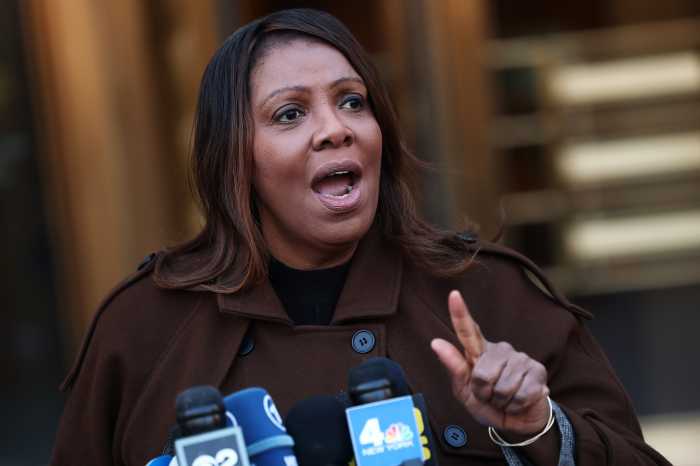In spite of the advances and contributions made by African Caribbeans and African Americans since the days of slavery, an even greater threat exists today: Human Trafficking.
Human Trafficking is modern slavery; it is also the third largest criminal enterprise in the world, according to the FBI’s Law Enforcement Bulletin, March 2011.
Yet, human trafficking remains largely unnoticed in our community because people are not aware of its existence. Unlike the past where slaves were openly transported, displayed and sold, this modern version of slavery operates covertly. As one convicted criminal stated: “Those involved in human trafficking are more afraid of community outrage than the police.”
Defining a thing is the first step in recognizing it. According to the United Nations Office on Drugs and Crime (UNODC), human trafficking is a crime against humanity. It involves recruiting, transporting, transferring, harboring, or receiving persons through the use of force, coercion or other means, for the purpose of exploiting them.
The horror stories of the trans-Atlantic slave trade that are remembered during Black History Month are repeated in the present.
Girls and boys, ages 12 to 14, are “recruited” from the Caribbean and Latin America and shipped to Western Europe and North America, according to UNODC, largely to work as commercial sex slaves. And as slavery in the Caribbean and the U.S. was glamorized during the time of the Atlantic slave trade, today movies and TV glamorize pimps and madams by glossing their lives with big houses, shiny new cars and stacks of cash. The media even depicts sex slaves as willing accomplices. But that is fiction. The truth is the modern slave is lied to, beaten, drugged, raped, constrained and threatened into servicing seven to 15 men a day, held to a quota of $200 – $1,000 daily, and forced to surrender all the money to the pimp or trafficker.
Yet, in the face of public unawareness of this activity and the organized structure of those involved in human trafficking, Youth For Human Rights (www.youthforhumanrights.org) has been in the forefront of exposing this criminal activity and eliminating the abuses. Youth For Human Rights joins the efforts of other groups like Polaris Project (www.polarisproject.org) and Safe Horizon (www.safehorizon.org) in making sure the Universal Declaration of Human Rights, adapted by 192 countries in December 1948, is upheld.
The hard-won accomplishments of Black people in the Caribbean and the U.S. are threatened by human trafficking. Eleanor Roosevelt expressed what is necessary to maintain the freedom of all men when she wrote the following in 1948:
“In small places, close to home — so close and so small that they cannot be seen on any maps of the world. Yet they are the world of the individual person; the neighborhood he lives in; the school or college he attends; the factory, farm or office where he works. Such are the places where every man, woman, and child seeks equal justice, equal opportunity, equal dignity without discrimination. Unless these rights have meaning there, they have little meaning anywhere. Without concerted citizen action to uphold them close to home, we shall look in vain for progress in the larger world.”
Collis Harris Collis Harris is a freelance writer. Contact him: collisharris@gmail.com and www.twitter.com/#chasedbyadream




















